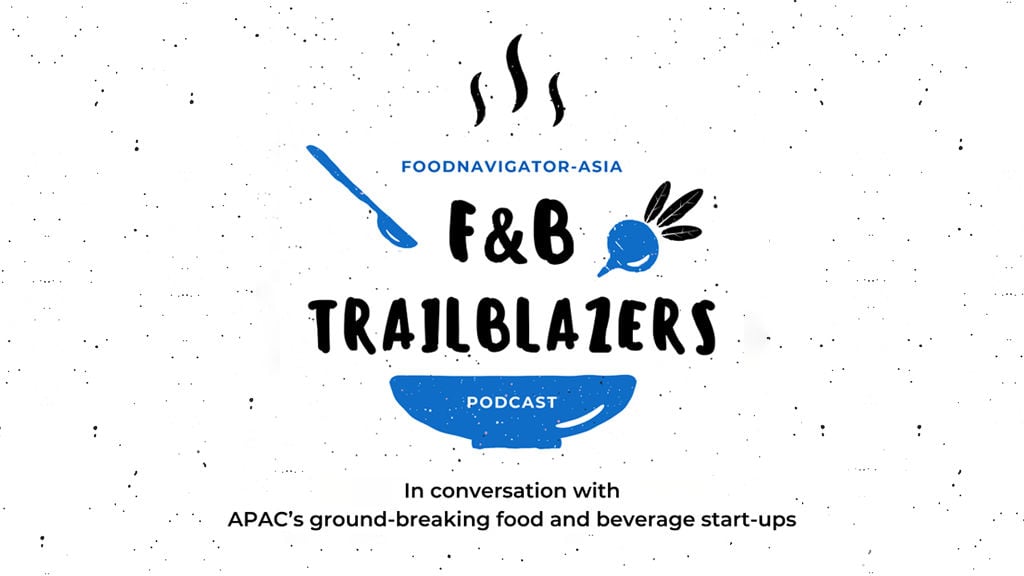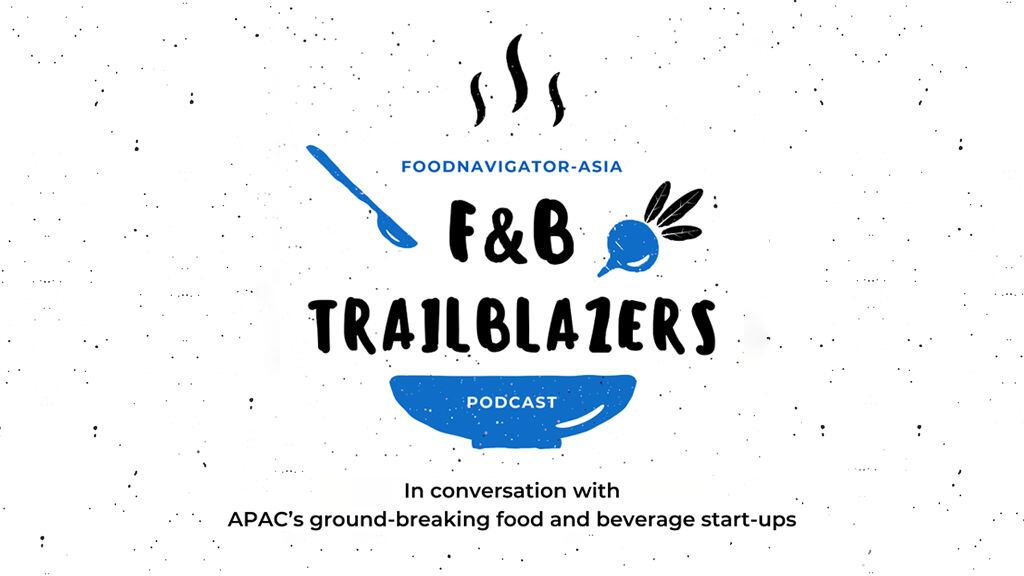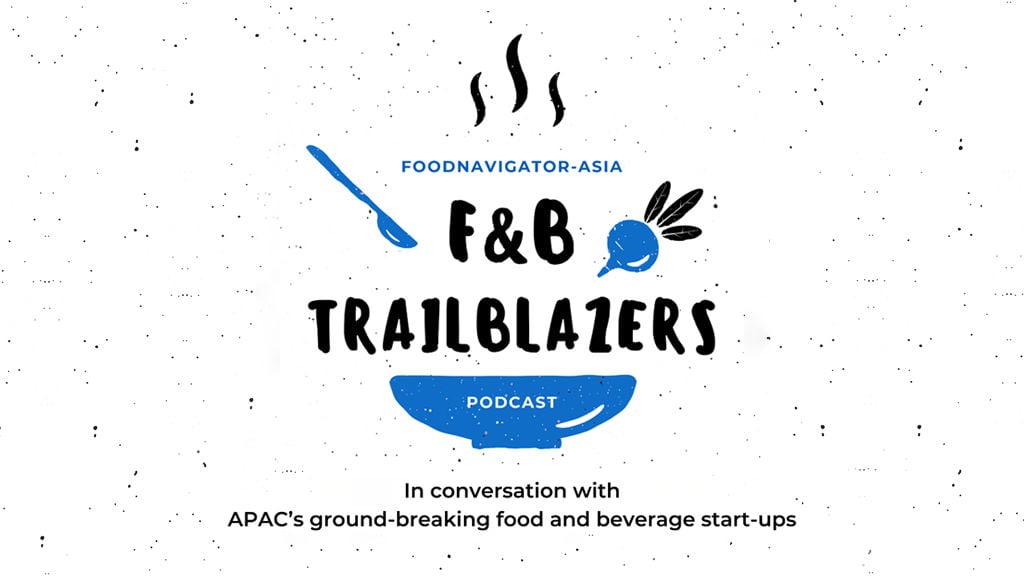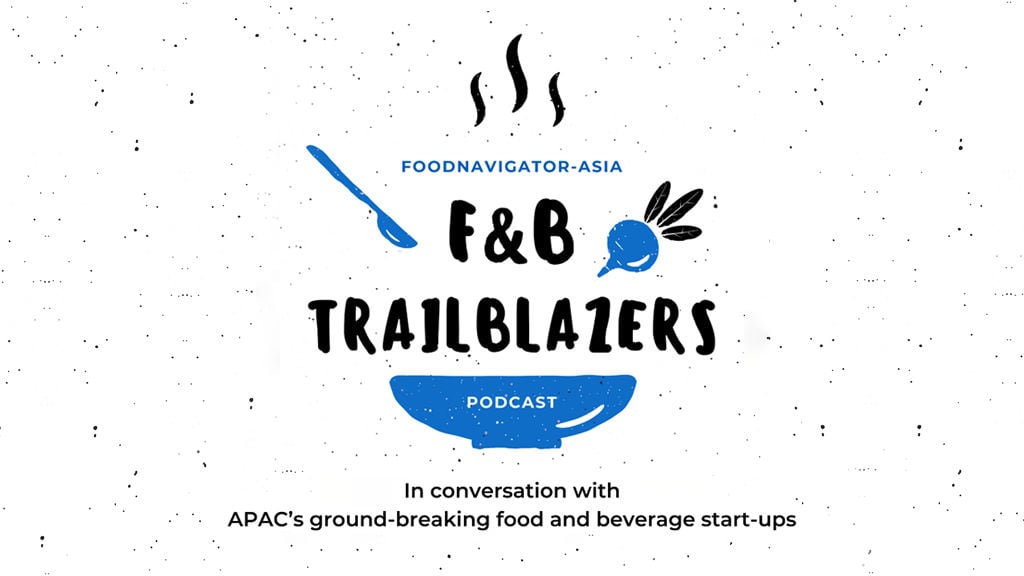RE:Harvest is the first company of its kind in the country, and has developed a flour alternative from the byproducts of drinks like beer and traditional Korean drink sikhye with a direct claim on carbon emissions.
According to Min, his journey attempting to introduce food upcycling into the Asian food industry, in places such as South Korea, was met with shock and disbelief initially.
“When I first introduced the topic of food upcycling, everyone was shocked – ‘how could anyone use food waste and turn it into food?’ was the general reaction,” he told FoodNavigator-Asia.
“Everyone was very against it initially as there was this very strong concept in Asian minds of how things have been working for many years with no big issues, and here’s this guy trying to disrupt the market with such a new concept.
“So in the initial stages, it was very difficult for me as I did not have a strong background in food when I started out. [To make things worse], in places like China, Korea and Japan, the F&B business can be like a cartel – people only want to work with people they know and with things they are familiar with.”
The firm has since overcome these initial hurdles to work with major local firms such as AB InBev to obtain its byproducts and process this into their flour alternative, a particularly appealing option for the beverage manufacturers as the South Korean government recently pledged to hit a 37% reduction in emissions by 2030 and net zero emissions by 2050.
RE:Harvest is able to quantify its carbon reduction, which stands at 11kg of carbon saved per 1kg of flour used.
“Our flour alternative, or RE:Nergy flour can help companies to hit their sustainability goals in two ways - the first is saving on the carbon that would be generated if the byproducts were to be treated as food waste, and the second is the saving on the negative impacts from the regular flour value chain e.g. growing the wheat, transporting the wheat and milling the wheat,” Min said.
“So for instance, we work with AB InBev’s OB Beer to collect their byproducts, exclusively for free, and we process this into the RE:Nergy flour to make products. These products are either sold under our brand, or we also have co-branded products such as granola with OB Beer – through all of these, OB Beer is able to claim direct carbon reductions.”
But as the company grows, Min expects that similar challenges – and additional regulatory hurdles - are likely to be seen in other parts of Asia where communities are less familiar with the concept of upcycling.
“I’m sure it is the same for other parts of Asia such as Indonesia, Thailand and so on where we want to expand to soon – the concept is still pretty new here and many consumers still aren’t able to accept the idea of eating ‘something made from waste’, so a lot more education is still needed,” he said.
“There are also other differences: In Japan alcoholic beverages are governed by the tax authority whereas in China this is by the FDA. This all has impact on the process, e.g. in Japan you would have to go through both the tax authority and FDA to register the alcohol byproducts, which means going through two different authorities vs just one in China, so in terms of speed, China is likely to be faster.”
Listen to the podcast above to find out more.





